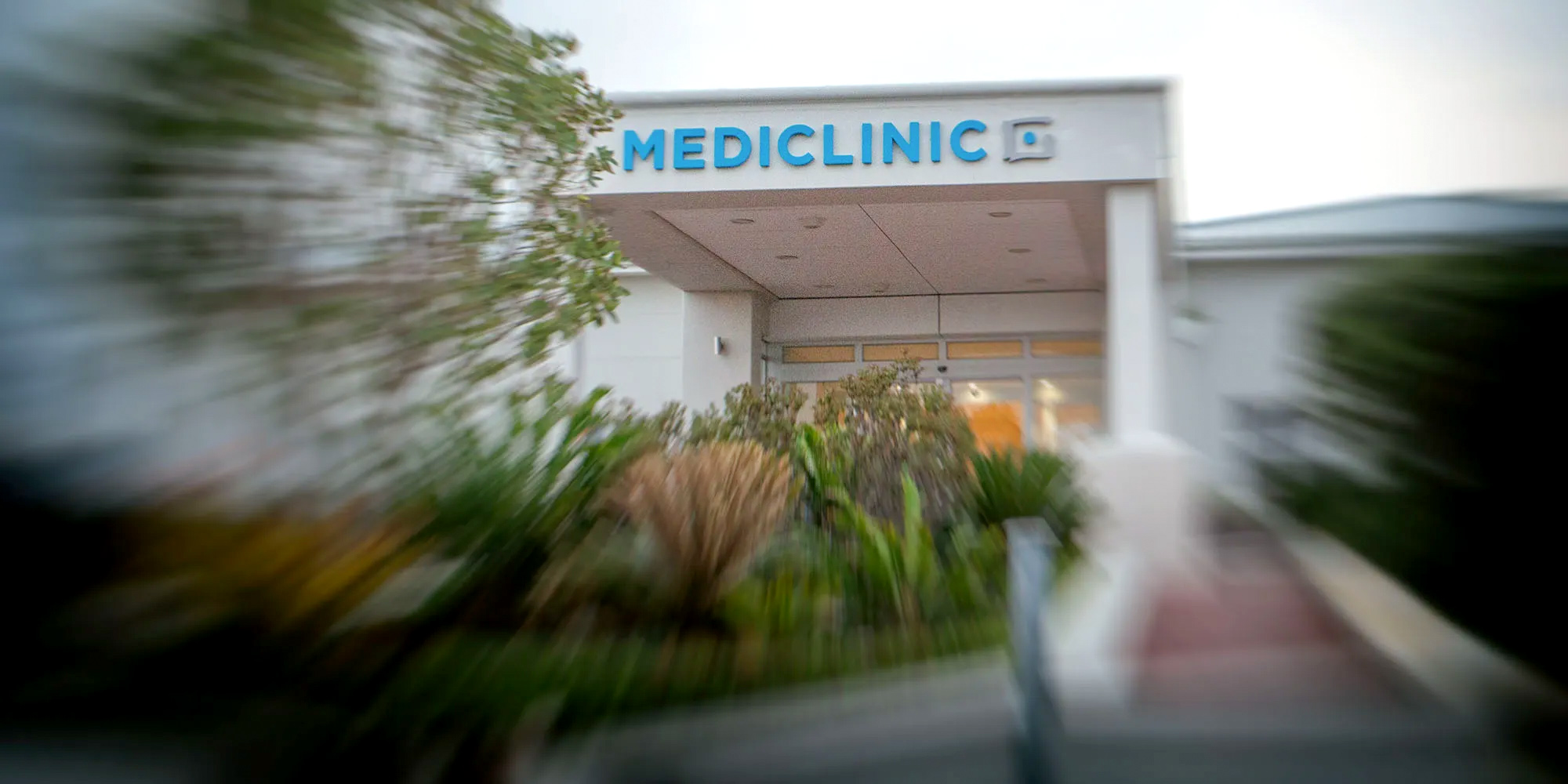South Africa’s reliance on coal for over 80% of its power generation poses a significant hurdle in the country’s fight against climate change. However, amid this challenging landscape, hospital giant Mediclinic has made a solid commitment to achieving carbon neutrality by 2030.
The healthcare facility’s proactive approach to reducing its environmental impact is a commendable step in the right direction. Since 2021, Mediclinic has invested in renewable energy, specifically photovoltaic (PV) panels, which have already been installed at 28 sites across South Africa in just four years. Now, the hospital group is heading towards the next phase of the programme – a national project aimed at installing microgrids that integrate battery systems with on-site renewable energy.
Read more: Climbing temperatures pose risk to health and strain healthcare systems — expert
The company’s strategy involves reducing its reliance on fossil fuels, exploring efficient battery energy storage systems and implementing advanced control systems to optimise energy use. This multifaceted approach not only minimises Mediclinic’s carbon footprint, it also ensures a reliable energy supply for its hospitals.
‘Ready to introduce storage options’
According to Greg van Wyk, CEO of Mediclinic Southern Africa, the company’s approach to renewable energy has evolved.
“Traditionally, we relied on on-site solar provision for our baseload. At the time, the export of excess energy was not available and battery energy storage systems did not have any financial viability. But now we are ready to introduce storage options. We do, however, have different challenges at our sites, including space availability, different systems on the grid as well as the financial viability of such solutions to specific hospitals.”
Van Wyk also noted that while Mediclinic was committed to reducing its environmental impact, any sustainable solution had also to add up financially.
“It (must) not only make environmental sense, but also financial sense, in order for us to install a sustainable solution. We need to know that it is going to work and is going to actively contribute towards our renewable vision.”
“The approach must be strategic in how we implement, with such a considerable investment by the business – it must be efficient, reliable and able to be constantly monitored. Our business is about delivering expert clinical care and we need to know that whatever solution we choose can be relied upon by all stakeholders,” he said.
However, the Mediclinic Group approach is not just straightforward PV energy investment to convert to renewables. It has introduced wheeling agreements at two sites and a combination of owned and third-party (BBBEEE empowerment-owned) supply of PV energy. The team said they understood that they wouldn’t necessarily have a single solution across all hospitals.
“We also understand the importance of sharing risk, possibly looking at two or three varied solutions across our network,” Van Wyk said.
Mediclinic’s network of 50 hospitals has taken proactive steps to minimise energy consumption, achieving this through the strategic acquisition of energy-efficient equipment, heightened awareness of energy usage and ongoing identification of opportunities for further reduction.
“Energy and water consumption are key indicators for every hospital management team – they monitor, adjust and have to report back on any elements outside their targets – it is a hands-on approach to making a significant difference in the long term,” Van Wyk said.
A collective commitment
In a similar effort to reduce its carbon footprint, Netcare Group reported successfully agreeing on commercial terms for a Renewable Energy Supply Agreement with independent clean energy solutions provider NOA Group Trading in 2023.
Read more: Renewable energy platform NOA receives R3.2bn boost on the back of Netcare energy deal
Netcare CEO Dr Richard Friedland hailed the development as a significant milestone in the company’s environmental sustainability journey, which has reportedly made substantial gains since its inception in 2013.
“Improvement of our energy efficiency initiatives remains a key focus area of this strategy. Netcare has also committed to procuring 100% of its purchased electrical energy from renewable energy sources by 2030, supporting the Race to Zero global campaign with targets that exceed the requirements of the Science Based Target initiative aimed at limiting global warming,” Friedland said.
As part of its initial phase, Netcare will convert six of its facilities to 100% renewable energy sourced from both wind and solar farms, covering up to 100% of energy consumption at these facilities. This accounts for about 11% of the group’s total energy usage and will decrease its dependence on coal-powered electricity from Eskom.
‘Committed’
The third big player in the hospital healthcare market, Life Healthcare, is also taking steps to reduce its environmental impact. According to chief executive Peter Wharton-Hood, the group is “committed to reducing its carbon emissions by 20% by 2030 using the 2023 assured baseline data as our reference point. Additionally, we are dedicated to achieving zero general waste to landfill by 2030.”
According to its 2024 sustainability report, Life Healthcare has already installed solar PV systems at 15 hospitals, and a further solar PV (9MW) will be installed across 16 hospitals this year. These are installed and maintained by a third-party renewable energy provider.
“We are exploring additional renewable energy installations. Investing in backup power systems and upgrading end-of-life assets for uninterrupted electricity. More frequent maintenance and testing of backup systems. We are finalising our energy efficiency strategy,” the sustainability report says. The hospital group also successfully reduced carbon emissions by 4.5% in 2024, exceeding its targets. DM





